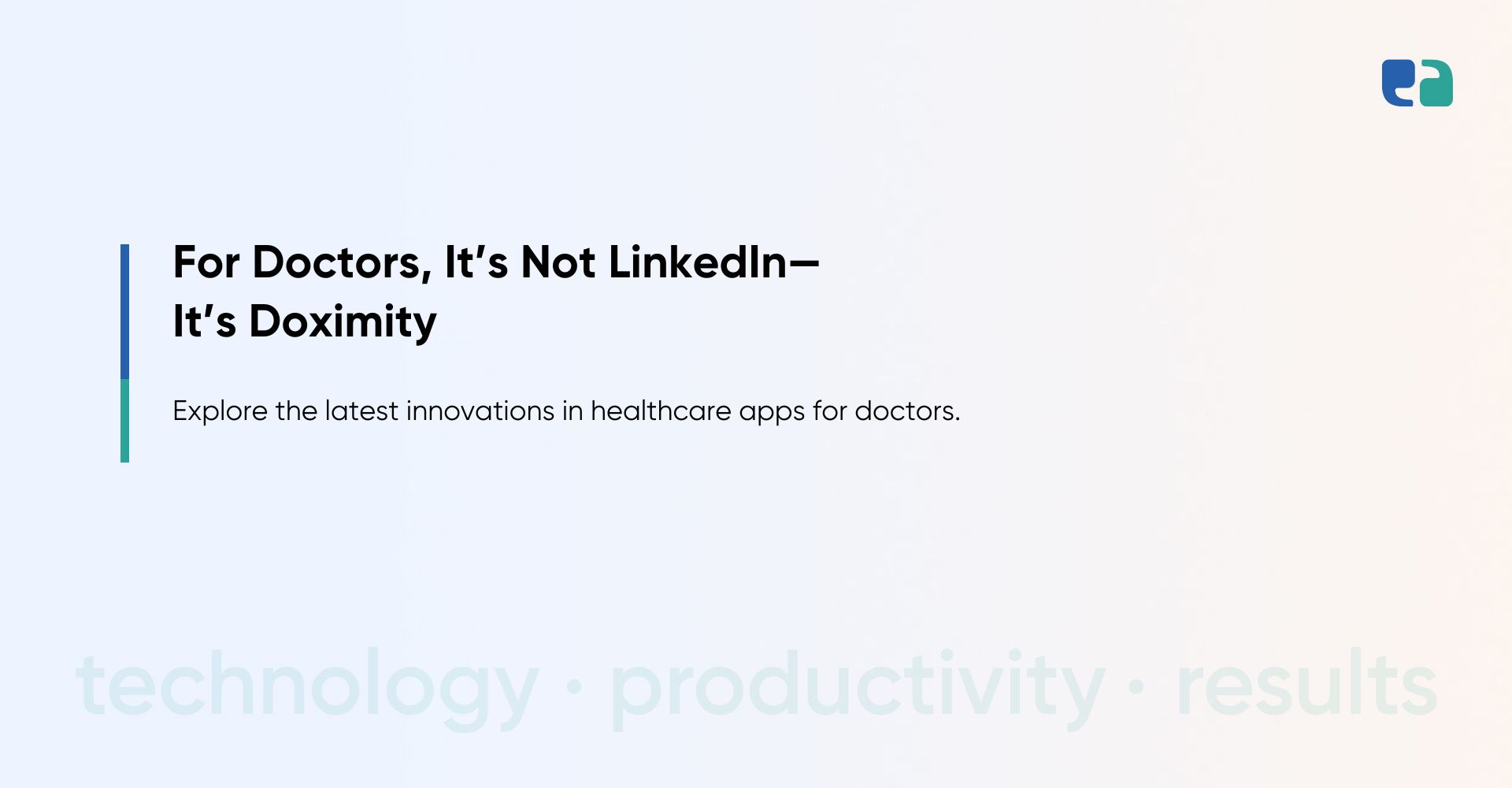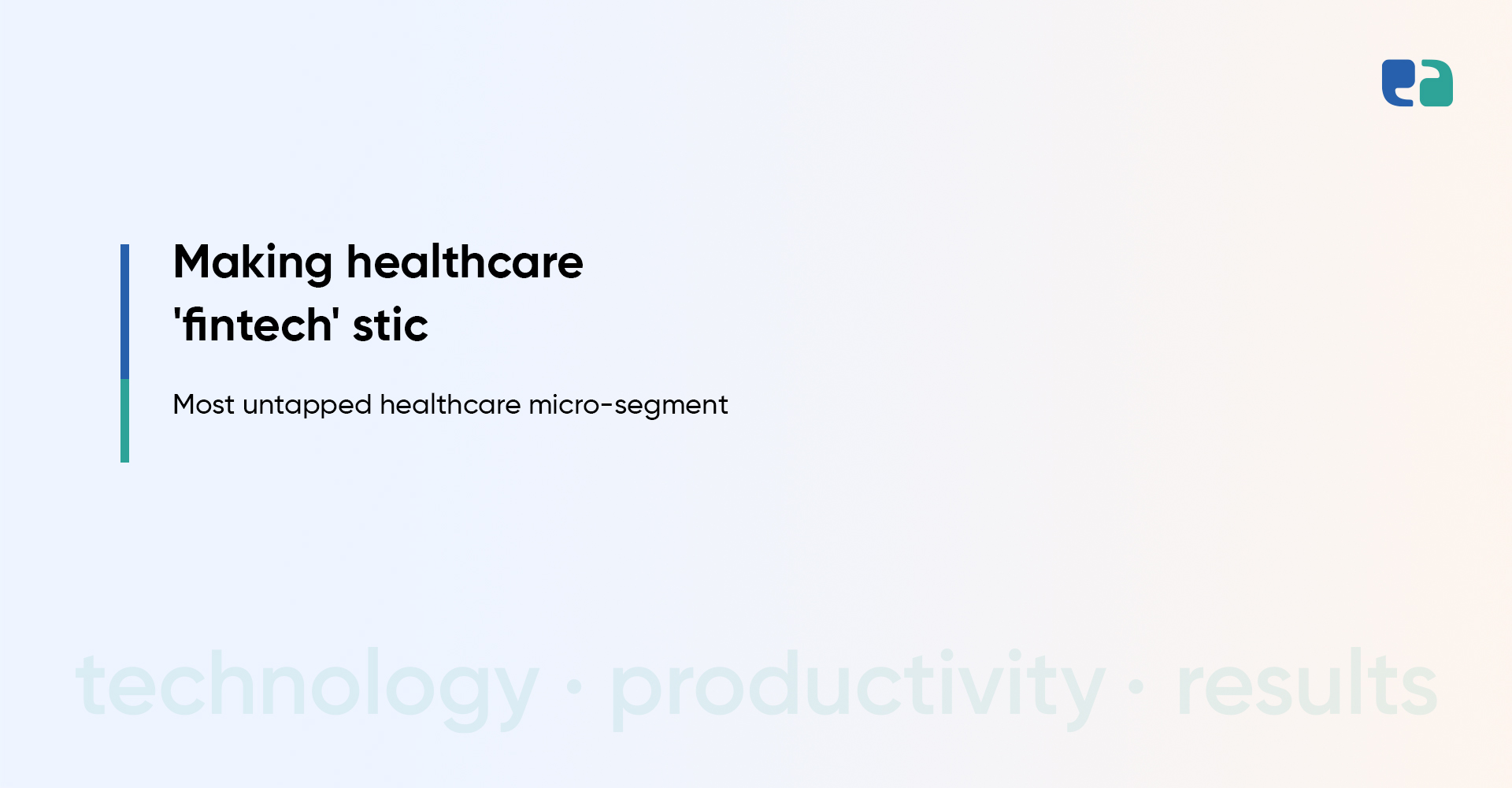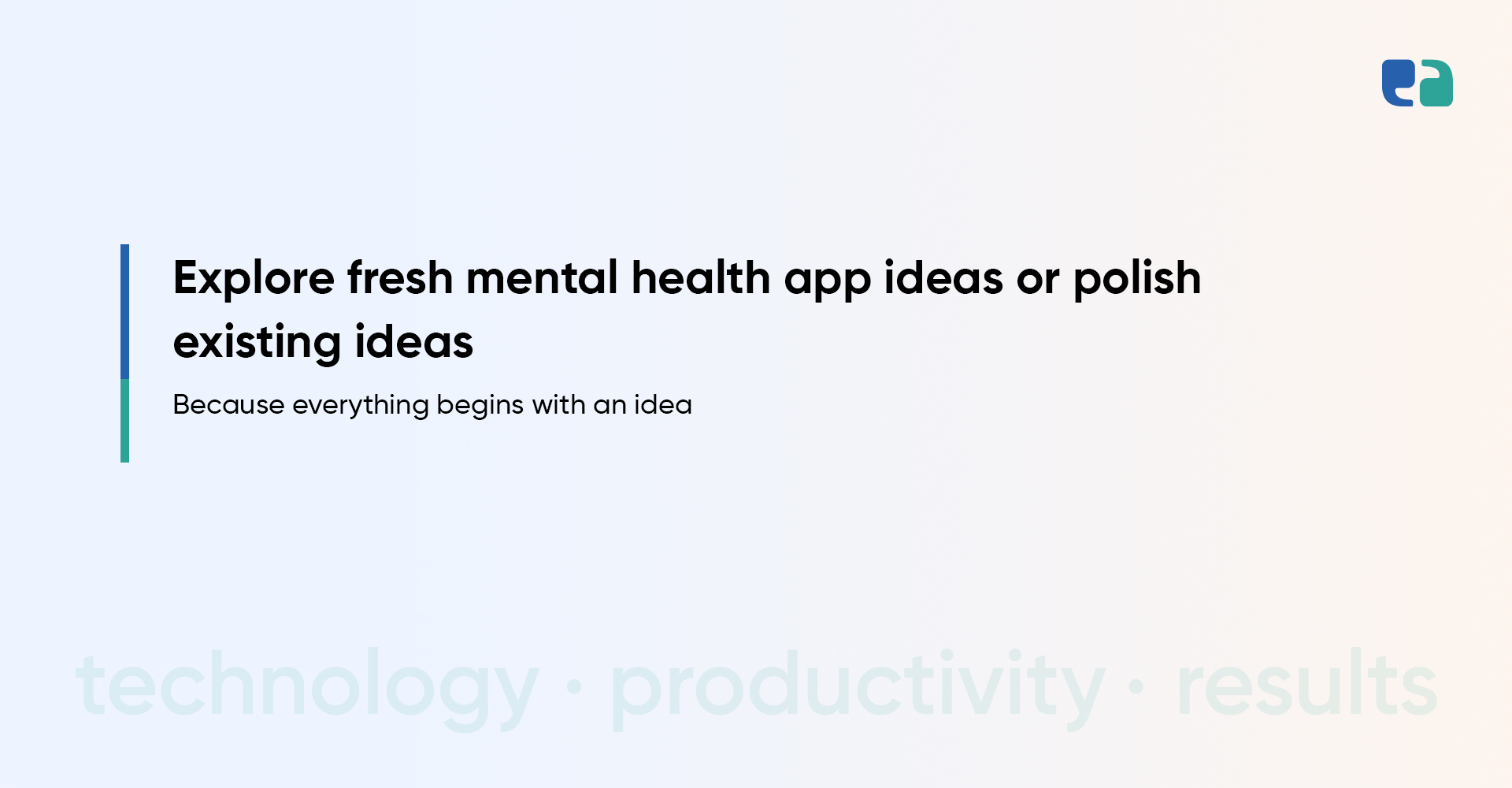Depression is a huge global issue, affecting over 280 million people worldwide.
In the United States alone, more than 17 million adults and 3.2 million teens are grappling with major depression.
As the leading cause of disability, depression puts a heavy strain on both individuals and societies.
Traditional methods for assessing mental health often require long appointments with healthcare providers, which can be difficult for many to access.
This has created a pressing need for more accessible and affordable mental health solutions.
Enter depression test apps.
These apps, powered by artificial intelligence (AI), use advanced algorithms to analyze user data and provide personalized assessments of depression symptoms.
By making mental healthcare more accessible, these apps have the potential to redefine the way we diagnose and treat depression.
5 Self-Test Apps for Depression: Top Picks for 2024
The Rise of Depression Test Apps
Depression test apps are designed to make mental health assessments easier and more convenient.
They allow users to complete assessments from the comfort of their own homes, without the need for lengthy visits to a healthcare provider.
These apps typically include a series of questions or prompts that help gauge the severity of a user’s symptoms.
The data collected is then analyzed using AI algorithms to provide insights into the user’s mental health.

7 Key Features of AI-Powered Depression Test Apps
Case Study: Developing an AI-Powered Mood Detection App for Early Depression Detection
New Trends in AI Depression Test Apps
As AI technology continues to advance, we can expect to see even more innovative depression test apps emerge. Some emerging trends include:
Launch Your AI Depression Test App in 60 Days
Yes, you heard it right.
At SyS Creations, we can help you launch your AI-powered depression diagnosis app in just two months.
With our pre-built white-label solution, crafted through two years of dedicated expertise and innovation. We’ve worked tirelessly to make this possible, overcoming challenges to bring you a solution that’s both efficient and effective.
















